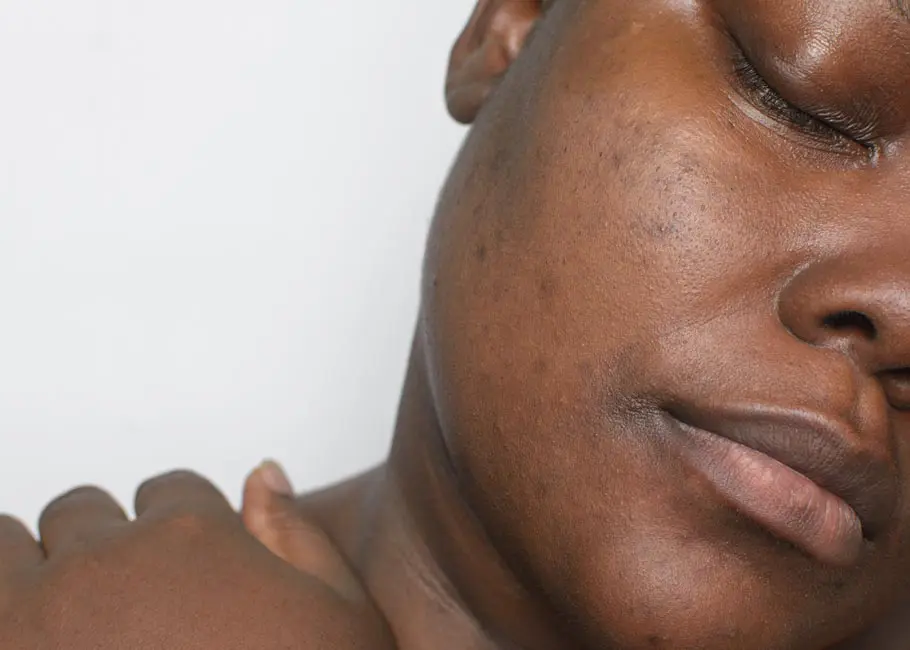Conditions
Melasma

Melasma typically includes explanations of its causes, such as hormonal changes, sun exposure, and genetics. Discussions cover its appearance as dark patches on the face, forehead, cheeks, or upper lip. Management strategies include sun protection with sunscreen and protective clothing, skincare products containing ingredients like hydroquinone and retinoids, and cosmetic treatments like chemical peels, laser therapy, and microneedling, tailored to individual needs for effective management of pigmentation.
How it works
Melasma develops due to a combination of factors, including hormonal changes, sun exposure, and genetic predisposition. Hormonal fluctuations, such as those during pregnancy or while taking birth control pills, can trigger melanocytes to produce excess melanin, leading to the formation of dark patches on the skin. Sun exposure exacerbates melasma by stimulating melanin production and darkening existing patches. Effective management involves sun protection, skincare products containing ingredients like hydroquinone and retinoids to lighten pigmentation, and cosmetic treatments like chemical peels, laser therapy, and microneedling to target melanin production and promote even skin tone.
Why You’re The Best
I aim to provide clear, concise, and accurate information about Melasma and their mechanisms of action. My responses are tailored to your inquiries, offering detailed explanations of how these products work to reduce sweating effectively. Additionally, I’m available 24/7 to provide reliable information and assistance whenever you need it, helping you make informed decisions about managing excessive sweating.
What is melasma?
Explanation of melasma as a common skin condition characterized by dark, irregular patches on the face, typically occurring on the cheeks, forehead, upper lip, and chin.
What causes melasma?
Discussion of factors contributing to melasma, including hormonal changes (e.g., pregnancy, birth control pills), sun exposure, genetics, and certain medications.
Is melasma permanent?
Clarification that while melasma can persist indefinitely without treatment, it may fade over time with sun protection and skincare interventions, although recurrence is common, especially with sun exposure.
Can melasma be prevented?
Tips on prevention strategies such as sun protection with broad-spectrum sunscreen, protective clothing, and hats, avoiding excessive sun exposure, and minimizing hormonal fluctuations with birth control methods or hormone therapy.
How is melasma diagnosed?
Explanation of how dermatologists diagnose melasma based on a visual examination of the skin and medical history, sometimes supplemented by Wood’s lamp examination or skin biopsy to confirm the diagnosis.
Book a Consultation